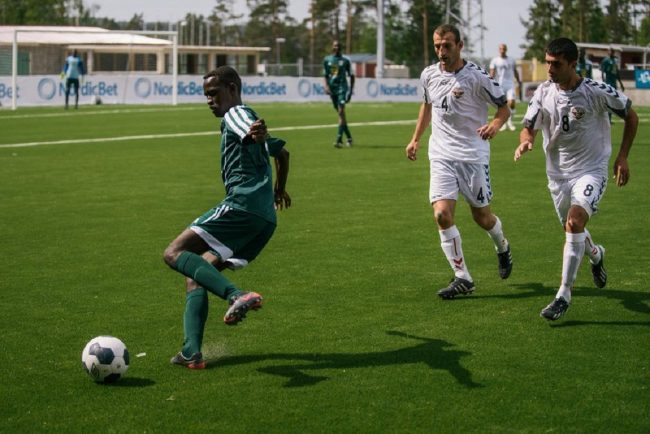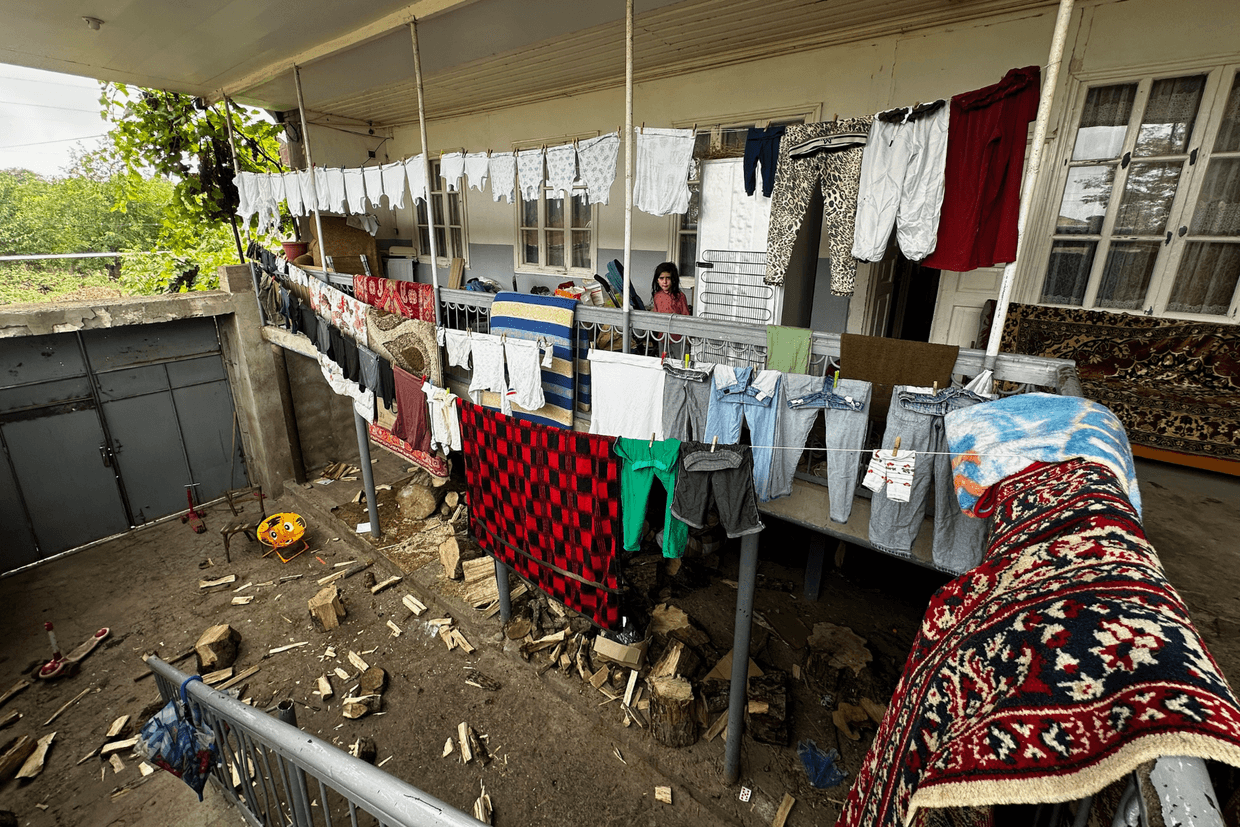

 The Confederation of Independent Football Associations (ConIFA) announced on 19 August that Nagorno-Karabakh would host its 2019 European Football Cup. It promised to specify soon the exact June dates and other details of the tournament, which will be held in capital Stepanakert.
The Confederation of Independent Football Associations (ConIFA) announced on 19 August that Nagorno-Karabakh would host its 2019 European Football Cup. It promised to specify soon the exact June dates and other details of the tournament, which will be held in capital Stepanakert.
ConIFA, an international organisation based in Sweden, is comprised of teams representing regions, minorities, and unrecognised states that are ineligible to join FIFA or the Union of European Football Associations as national teams.
ConIFA said representatives visited Nagorno-Karabakh — a ‘relatively undiscovered part of the world’ — several times, and are now ‘confident’ in their choice.
Narine Aghabalyan, the sports minister of Nagorno-Karabakh, hailed the news, saying the tournament ‘will be a wonderful celebration of sport, culture, and friendship’.
The Azerbaijani Football Federation Association ‘strongly condemned’ the tournament planned on ‘Azerbaijani territories occupied by Armenia’ and vowed to ‘take every necessary legal step’ to counter it, as well as formally contact the International Federation of Association Football (FIFA) and the Union of European Football Associations.
The 2019 games would be the third ConIFA European Cup tournament. The first was held in 2015 in Hungary, but players from both Abkhazia and South Ossetia were refused entry to the country. Following this, the Federation decided to hold its 2016 World Cup in Abkhazia. The home team eventually won the cup.
According to the organisation, 12 teams are to compete in Nagorno-Karabakh next year, with places guaranteed for the winners of previous European and World Cups: Padania — the separatist region of northern Italy that won both European Cups, Northern Cyprus, Abkhazia, and Kárpátalja — representing the Hungarian minority in the southwestern Zakarpattya region of Ukraine.
In 2014, the Nagorno-Karabakh football team, normally deprived of opportunities to compete in international games, took part in ConIFA’s first World Football Cup — together with Abkhazia and South Ossetia — in Östersund, Sweden. They finished in ninth place out of 12.
ConIFA neglected the Azerbaijani Football Federation Association’s protests against Nagorno-Karabakh participation then, and hasn’t yet commented on the latest statement.
The politics of football
FIFA includes 23 members that aren’t sovereign United Nations members — like Gibraltar, Wales, and Palestine — however they categorise the disputed territories in the South Caucasus as ‘politically sensitive areas’.
ConIFA’s tournaments serve as an alternative to FIFA’s larger championships. The confederation also includes the Western Armenian football team, which claims to represent the Armenian diaspora across the world.
Attempts to organise international football tournaments outside FIFA date back to the late 1990s. In 2014, ConIFA succeeded the annual VIVA World Cup, a similar FIFA-unaffiliated tournament held from 2006–2012.
Participation in international athletic events is a common bone of contention in the South Caucasus. In August, the Georgian Football Federation protested a match in Sukhumi (Sukhum) between Abkhazian and Nigerian youth teams.
For ease of reading, we choose not to use qualifiers such as ‘de facto’, ‘unrecognised’, or ‘partially recognised’ when discussing institutions or political positions within Abkhazia, Nagorno-Karabakh, and South Ossetia. This does not imply a position on their status.









